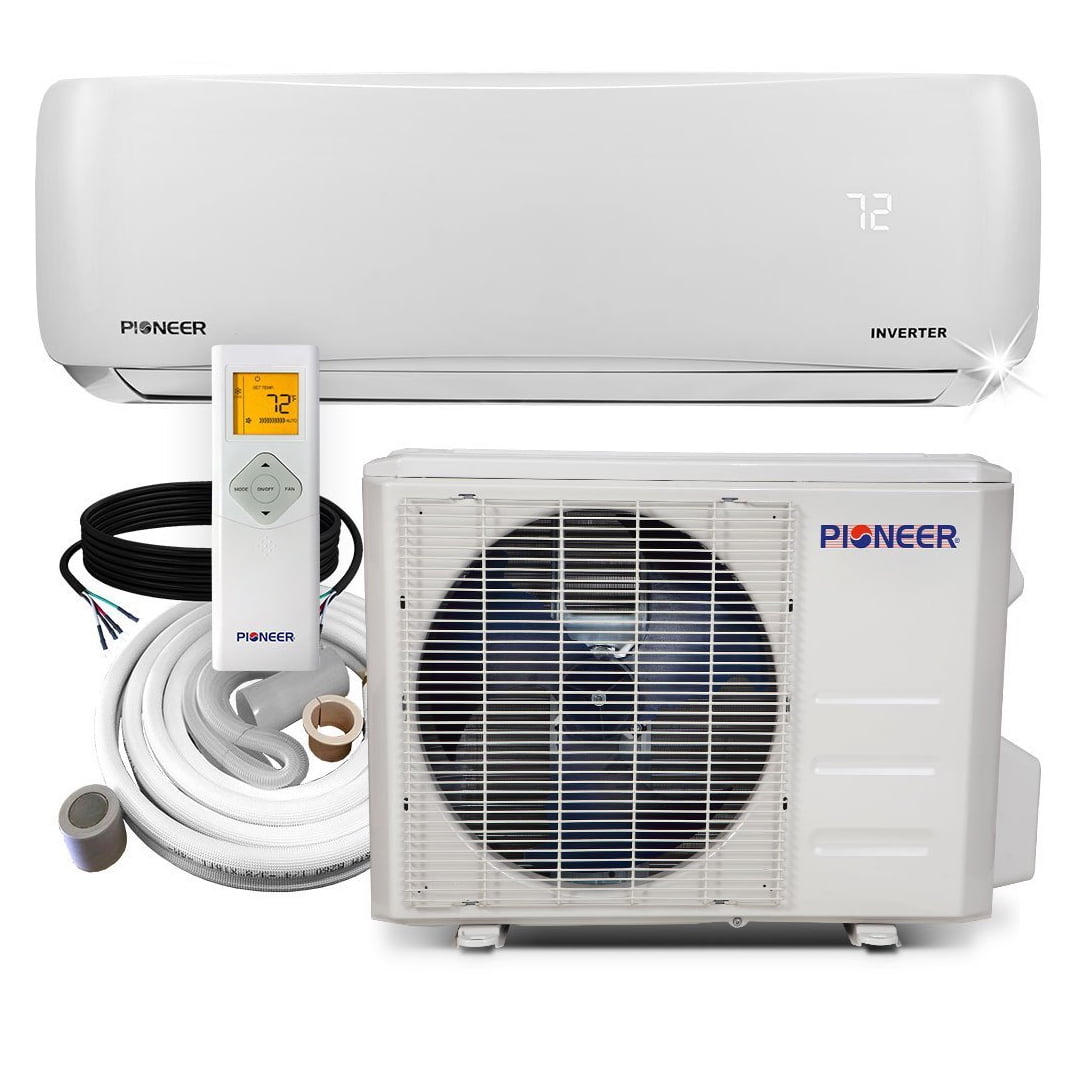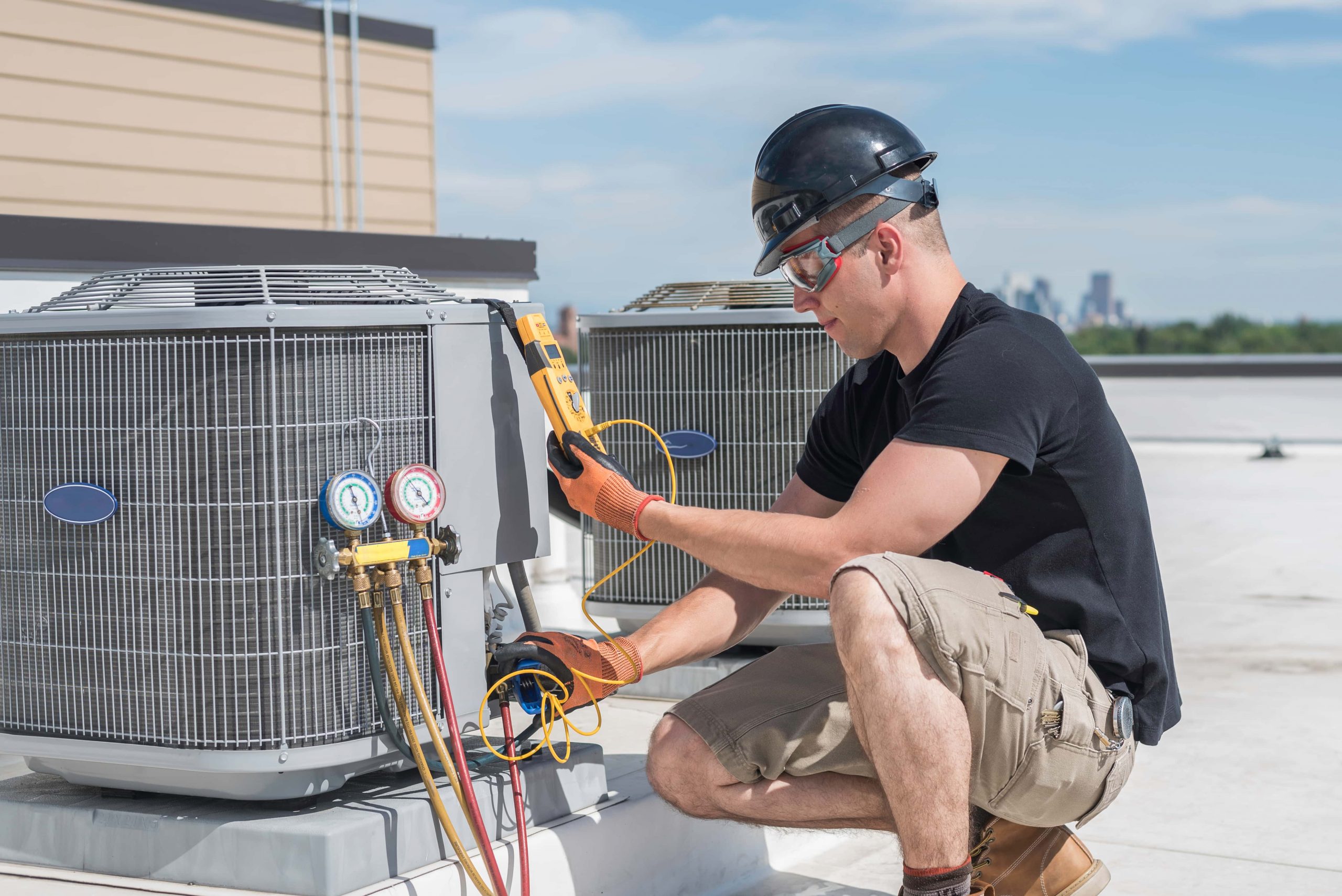Discover the dynamics of attaining first-class power effectiveness with your a/c system.
Understanding the ins and outs of correct installation can significantly impact your lasting convenience and price savings.
From decoding power effectiveness scores to navigating variables influencing performance, this conversation will outfit you with necessary insights to make educated decisions for your home climate control.
Remain tuned for expert pointers and upkeep techniques that will certainly keep your system running efficiently and successfully, guaranteeing a cool and comfy atmosphere year-round.
Key Takeaways
- Proper installment maximizes effectiveness and durability.
- Power ratings and attributes effect expense and performance.
- Variables like insulation and environment affect effectiveness.
- Routine upkeep guarantees peak efficiency and cost savings.
Importance of Correct Installation
Appropriate setup of a/c systems greatly influences power effectiveness and general efficiency. When it involves correct positioning, it is essential to see to it that the outdoor unit is positioned in a shaded location to stop overheating and allow for better warm exchange. Furthermore, the interior device should be positioned far from direct sunlight and any type of obstructive furnishings to advertise finest air flow throughout the area.
Installment techniques play a considerable role in the performance of your air conditioning system. Seeing to it that all parts are safely connected and secured helps avoid air leakages, which can lead to power wastefulness. Correct insulation of the refrigerant lines is also vital to keep the system's performance and prevent any kind of loss of cooling ability.
Power Performance Rankings Described
Wondering exactly how energy effectiveness rankings can affect your cooling system's efficiency and expense savings? Recognizing SEER rankings and the benefits of energy-saving functions is important when looking to maximize effectiveness. Below are 3 key points to keep in mind:
- SEER Scores: SEER stands for Seasonal Energy Performance Ratio, and it gauges the cooling output of an air conditioning unit split by the power it eats over a normal cooling period. The higher the SEER score, the more reliable the system is at converting power right into cooling power.
- Power Saving Includes: Try to find energy-saving functions such as programmable thermostats, variable-speed air handlers, and high-efficiency filters. These attributes can help optimize your system's performance and lower power consumption, resulting in lower utility expenses.
- Price Financial savings: Purchasing a highly reliable air conditioning system may include a greater upfront cost, but the long-lasting savings on energy bills can exceed the first investment. In addition, some energy-efficient systems may qualify for rebates or tax obligation motivations, providing further expense savings over time.
Factors Impacting Energy Effectiveness
To optimize your cooling system's energy efficiency, understanding the variables that influence it's essential. 2 essential components that substantially effect energy effectiveness are insulation methods and environment factors to consider. Correct insulation plays a major duty in keeping a constant interior temperature, reducing the work on your air conditioning system, and inevitably reducing power intake. By sealing gaps, shielding walls, ceilings, and floorings, you can stop cool air from leaving during heat and maintain cozy air inside during colder months.
Environment factors to consider are equally crucial when it comes to optimizing energy performance. The environment in which you live impacts exactly how usually and exactly how intensely your ac unit requires to run. For instance, in hot and damp environments, the air conditioner may need to function more difficult to keep a comfortable temperature level, resulting in increased power usage. Comprehending your climate can help you pick one of the most suitable a/c system and implement energy-saving methods customized to your details environment. By resolving insulation strategies and considering environment elements, you can improve the energy efficiency of your cooling system and decrease your overall power costs.
Tips for Making The Most Of Performance
For reliable performance, think about setting your thermostat to a modest temperature level and utilizing ceiling fans to assist circulate air properly. To additionally optimize the efficiency of your a/c system, comply with these ideas:

- Smart Thermostat Use: Purchase a wise thermostat that allows you to program temperature level setups based upon your schedule. This can assist you stay clear of unnecessary air conditioning when you aren't in the house, conserving energy and reducing expenses.
- Normal Ductwork Assessment: Set up routine examinations of your ductwork to guarantee there are no leakages or blockages. Leaky air ducts can result in energy waste as cooled air escapes before reaching its desired location, while obstructions can limit air movement, making your system job harder.
- Make Use Of Natural Air Flow: Benefit from cooler evenings by opening up windows and letting fresh air in. This can help in reducing the tons on your air conditioning unit during milder climate, boosting general performance.
Maintenance for Long-Term Efficiency
Routine maintenance of your air conditioning system is important for ensuring lasting performance and peak efficiency. To keep your a/c running smoothly, it is very important to set up routine servicing to deal with any kind of possible concerns before they escalate. Among the most basic yet most efficient upkeep tasks is regularly changing the air filters. Stopped up filters restrict airflow, making your system work harder and less efficiently. Additionally, adjusting the thermostat makes sure accurate temperature level control and stops unneeded stress on the unit.
Another important element of upkeep is duct cleansing. Over time, dust and debris can gather in the ducts, obstructing air flow and decreasing effectiveness. Monitoring and maintaining proper refrigerant degrees is additionally essential for ideal efficiency. Low refrigerant levels can cause reduced effectiveness and potential damages to the compressor.
Lastly, don't overlook climate stripping around doors and windows. Correct insulation helps maintain the desired temperature level inside your home, decreasing the workload on your AC system and increasing energy efficiency. By remaining positive with these maintenance tasks, you can expand the life expectancy of your air conditioner and save on power prices in the future.
Often Asked Inquiries
Can Cooling Installation Influence the Indoor Air Top Quality of My Home?
When you're considering cooling installment, it's essential to know that it can affect the interior air quality of your home.
This can have significant health advantages for you and your family. Correct installment and upkeep are critical to make sure that your a/c system runs successfully and does not compromise the air top quality in your space.
Bear in mind these elements when making decisions regarding your air conditioning arrangement.
Are There Any Type Of Rebates or Incentives Available for Setting Up Energy-Efficient A/c Solutions?
When it concerns setting up energy-efficient air conditioning systems, you'll rejoice to understand that there are usually discounts or incentives offered. These programs can assist you conserve cash in advance and take pleasure in lasting energy savings.
Be sure to research refund programs in your area to see what alternatives are readily available for you. It's a win-win situation - you get a much more reliable system and possible financial savings on installment costs.
Exactly how Important Is the Dimension and Design of My Home When Considering A/c Installment for Power Efficiency?
When considering cooling installment for power performance, the dimension and design of your home are essential factors. Effectively sized systems maximize efficiency, staying clear of extreme power usage.
Great home insulation assists keep a consistent temperature, lowering stress on the system. Ductwork style additionally plays a substantial role in guaranteeing air distribution is balanced throughout your home. emergency ac repair
Taking these elements right into account will assist enhance your a/c system for energy effectiveness.
Exist Any Type Of New Technologies or Innovations in Cooling Installation That Can Better Improve Energy Effectiveness?
When it pertains to boosting energy performance in air conditioning, brand-new innovations like smart thermostats and ductless systems are game-changers.
You'll also benefit from technologies like geothermal cooling and photovoltaic panels. These improvements can substantially improve your system's efficiency while minimizing power consumption.
Updating to these options can lead to significant financial savings on your power costs while maintaining your home cool and comfortable.
What Are Some Typical Blunders to Stay Clear Of During A/c Setup That Can Impact Power Performance over time?

When mounting your air conditioning system, prevent usual errors that can influence power effectiveness over time.
Ensure correct insulation and ductwork to prevent air leakage.
Place your thermostat appropriately and do normal maintenance to keep the system running successfully.
Avoiding these mistakes will certainly aid you save power and minimize your overall cooling expenses in time.
Verdict

Now that you understand the significance of proper installment and just how it affects power efficiency, you can make educated choices when it pertains to your a/c system.
Remember to consider elements like size, location, and upkeep to take full advantage of performance and minimize energy expenses.
By taking these actions, you can assure that your air conditioning system runs efficiently for many years to come.
